
China’s Military Faces Salary Cuts Amid Lingering Economic Slowdown
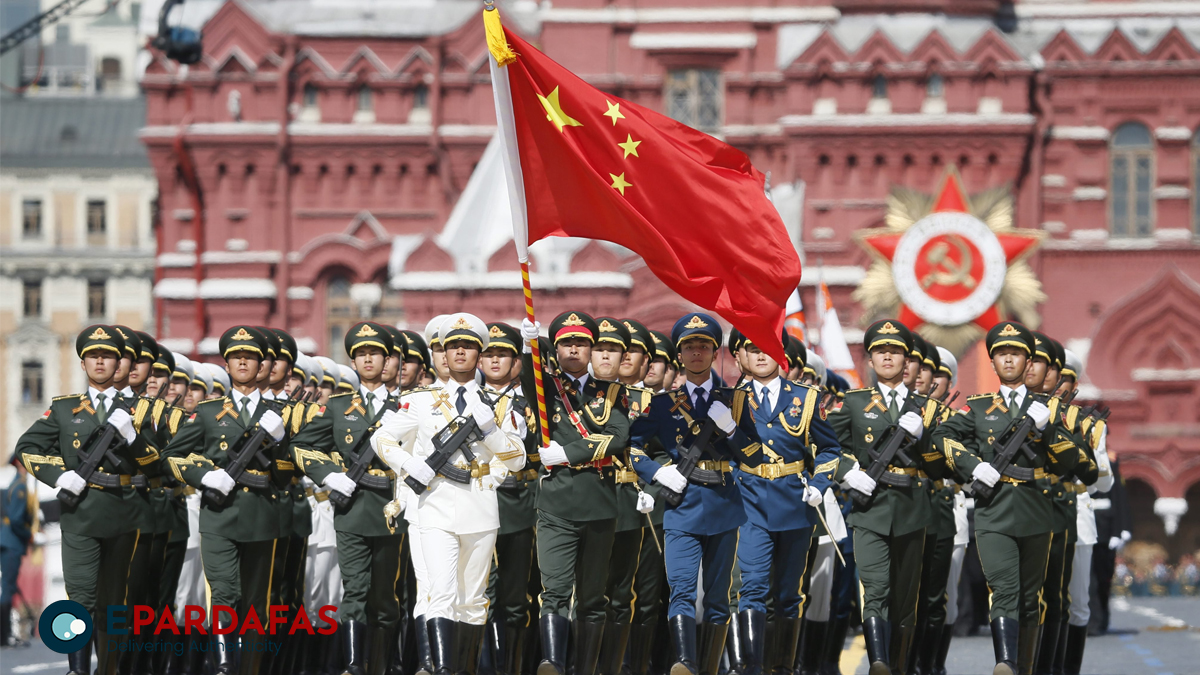
Beijing, January 8: Despite the authorities lifting pandemic measures, China’s economy remains sluggish, leading to widespread salary cuts for civil servants. Now, reports from multiple sources, speaking to the Chinese edition of The Epoch Times, suggest that the military is also facing salary reductions, shedding light on financial stress within the regime.
Many interviewees opted for pseudonyms due to concerns about possible reprisals from authorities. Mr. Hua, a retired businessman from the Chinese military, highlighted the financial strain, stating, “No funds are going to civil servants’ salaries and retirement pensions; it’s either delayed or not being credited on time.”
In January 2022, as part of a cost-cutting initiative, Beijing instructed local governments to reduce various perks and bonuses, resulting in some public employees experiencing up to a one-third decrease in their monthly paychecks. This austerity measure has now reportedly extended to the military, with some soldiers facing a suspension of various subsidies for the past six months.
To curb corruption in the military, Chinese leader Xi Jinping instructed in 2015 that officers’ income should contain “only wages” and “no other questionable sources of income.” However, no salary adjustments have been made for the military in the past five years, despite a round of salary adjustments in 2018.
Mr. Hua clarified that military salaries come directly from the national budget, while subsidies, which have been discontinued, originate from local governments facing financial constraints. This delay in payments has affected various public servants, including teachers.
Wang Juntao, a Chinese dissident from the 1989 pro-democracy student-led protests in Tiananmen Square, explained that military subsidies are essentially welfare funded by local governments. The reduction in subsidies reflects the broader financial challenges faced by the Chinese regime.
Ms. Bai, a retired soldier living abroad, asserted that the police force is also undergoing salary reductions. She emphasized that salary cuts are becoming widespread across all industries in China, with the police force integral to the Chinese Communist Party’s stability maintenance efforts.
The salary cuts in the military and police indicate financial stress on the regime, potentially leading to a loss of incentives for security forces. This could result in adopting a “lying flat” stance, akin to the recent social trend where individuals choose a more passive lifestyle to resist demanding work schedules.
Anders Corr, publisher of the Journal of Political Risk, noted that “lying flat” seems to be a significant internal threat to the CCP. This trend, observed primarily among the youth, involves resisting the demanding work culture and may impact the regime’s revenue as fewer taxes are collected.
Despite perceptions of Xi Jinping’s strengthened power, some experts suggest that the entire officialdom, including the military, is adopting a “lying flat” stance, indicating potential challenges and weakening within the regime.


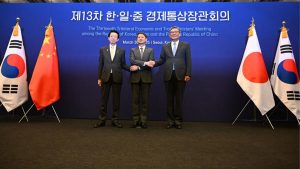
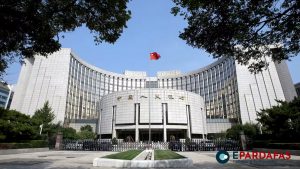
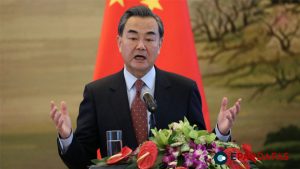
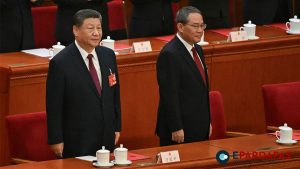






Comments